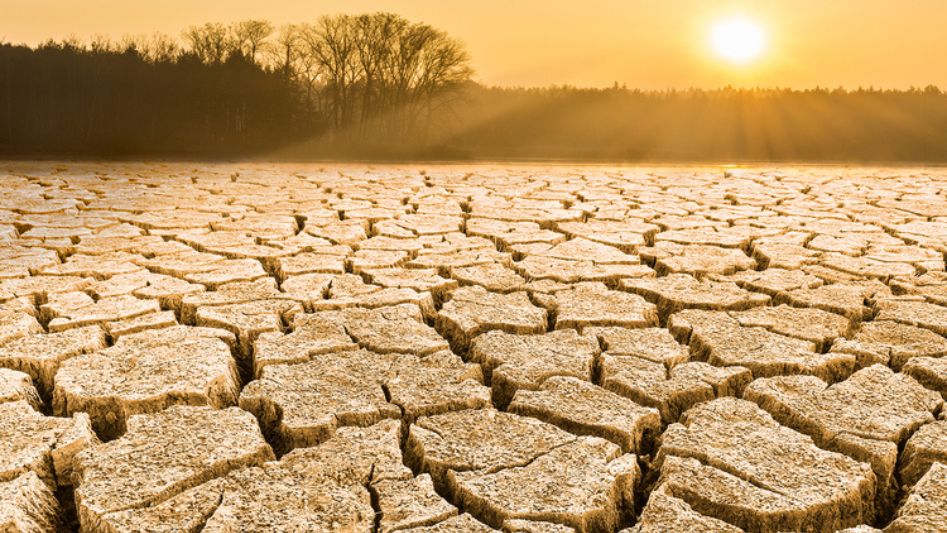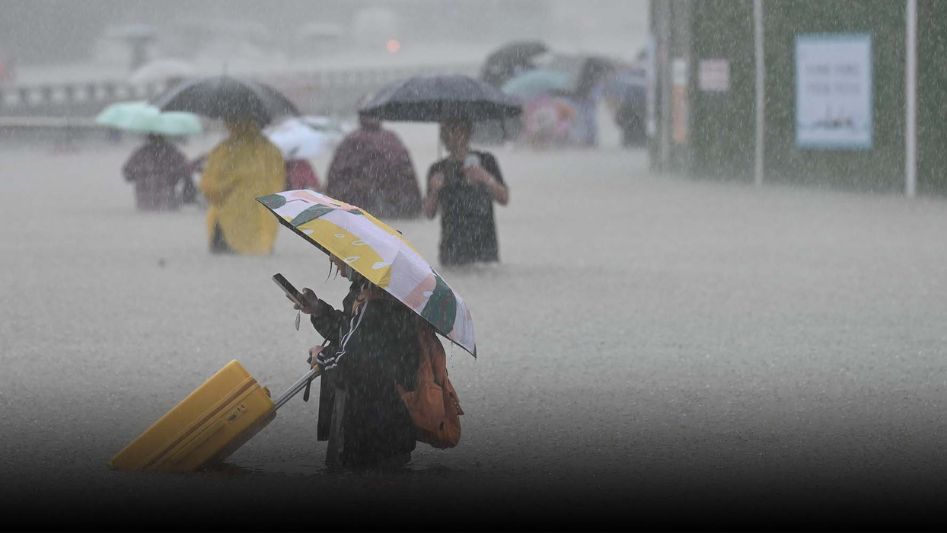The global climate is undergoing unprecedented changes, primarily driven by human activities. The ramifications of these changes extend far beyond the environment; they reach into the realm of economics. In this article, we will delve into the intricate web of Climate Economics: The Financial Impacts of Global Warming. This subject is not just about rising temperatures or melting ice caps; it’s about the substantial effects these changes have on our financial systems, economies, and livelihoods.
Table of Contents

The Far-Reaching Implications
Understanding Climate Economics
Climate economics is a field that explores the complex interplay between climate change and economic factors. It scrutinizes how global warming influences various financial aspects, from investment strategies to government policies.
The Urgent Need for Action
The pressing issue of global warming demands immediate attention. Governments, businesses, and individuals must work collaboratively to address the environmental crisis. But why is this so crucial for our economic well-being?
The Nexus of Climate and Finance
The intricate relationship between climate and finance is multifaceted. It encompasses several domains, each with its own set of challenges and opportunities.
Economic Sectors Affected
Agriculture
Global warming significantly impacts agriculture. With altered weather patterns, changing precipitation levels, and increased temperatures, farmers face new challenges in crop production and livestock management.
Insurance Industry
Insurance companies grapple with the increasing frequency and severity of weather-related disasters. As the number of claims rises, it affects premiums and overall industry stability.
Real Estate
The real estate market is also feeling the heat. Rising sea levels and extreme weather events threaten property values, leading to uncertainties in the housing market.
Energy
The energy sector is at the forefront of the climate change battle. The shift towards renewable energy sources and carbon pricing are some of the ways this industry is adapting.

Government Policies and Climate Economics
Carbon Pricing
Governments worldwide are exploring carbon pricing mechanisms to encourage businesses to reduce their carbon footprint. This approach aims to internalize the environmental costs of emissions.
Green Infrastructure
Investing in green infrastructure not only benefits the environment but also spurs economic growth. It includes projects like renewable energy installations and sustainable transportation.
International Agreements
Global initiatives like the Paris Agreement exemplify international collaboration on climate economics. These agreements set targets for emission reductions and encourage global cooperation.
Corporate Responsibility
Sustainable Business Practices
Companies are increasingly adopting sustainable practices to reduce their carbon footprint. This not only helps the environment but also attracts environmentally-conscious consumers.
Risk Assessment
Businesses are conducting climate risk assessments to understand how climate change may affect their operations. This proactive approach helps them mitigate potential financial losses.
Green Investments
Investors are diverting funds towards green and socially responsible investments, recognizing their long-term financial viability and positive environmental impact.
Financial Resilience in a Changing Climate
Diversification
Diversifying investments to include climate-resilient assets can help protect portfolios from climate-related risks.
Adaptation Strategies
Businesses and governments are formulating adaptation strategies to address the challenges posed by global warming.
Research and Innovation
Investment in research and innovation is essential to finding sustainable solutions to climate-related problems.

Conclusion
Climate economics is not just a buzzword; it’s a critical aspect of our rapidly changing world. The financial impacts of global warming are real and far-reaching, affecting everything from agriculture to insurance, and from government policies to corporate responsibility. To secure a sustainable future, we must acknowledge the profound connection between climate and finance. By taking action, whether on an individual, corporate, or governmental level, we can build a more resilient and prosperous world in the face of climate change.
FAQs
How does climate change affect the stock market?
Climate change can impact the stock market in various ways. For example, extreme weather events can disrupt supply chains, affecting the stock prices of companies reliant on those chains.
Are there any economic benefits to addressing climate change?
Yes, addressing climate change can bring economic benefits. Transitioning to renewable energy sources, for instance, can create jobs and stimulate economic growth.
How can individuals contribute to climate economics?
Individuals can make a difference by adopting sustainable practices in their daily lives, such as reducing energy consumption and supporting eco-friendly products and businesses.
You May Also Like
- THE IMPACT OF CLIMATE CHANGE ON GLOBAL ECONOMY
- CAN SMALL NUCLEAR REACTORS SAVE US FROM A WARMING PLANET?
- GREEN ENERGY AND CLIMATE CHANGE: MITIGATING THE IMPACT
- COOLING AND CLIMATE CHANGE: A VICIOUS CYCLE
- THE HIDDEN COSTS OF FOSSIL FUELS: A DEEP DIVE
